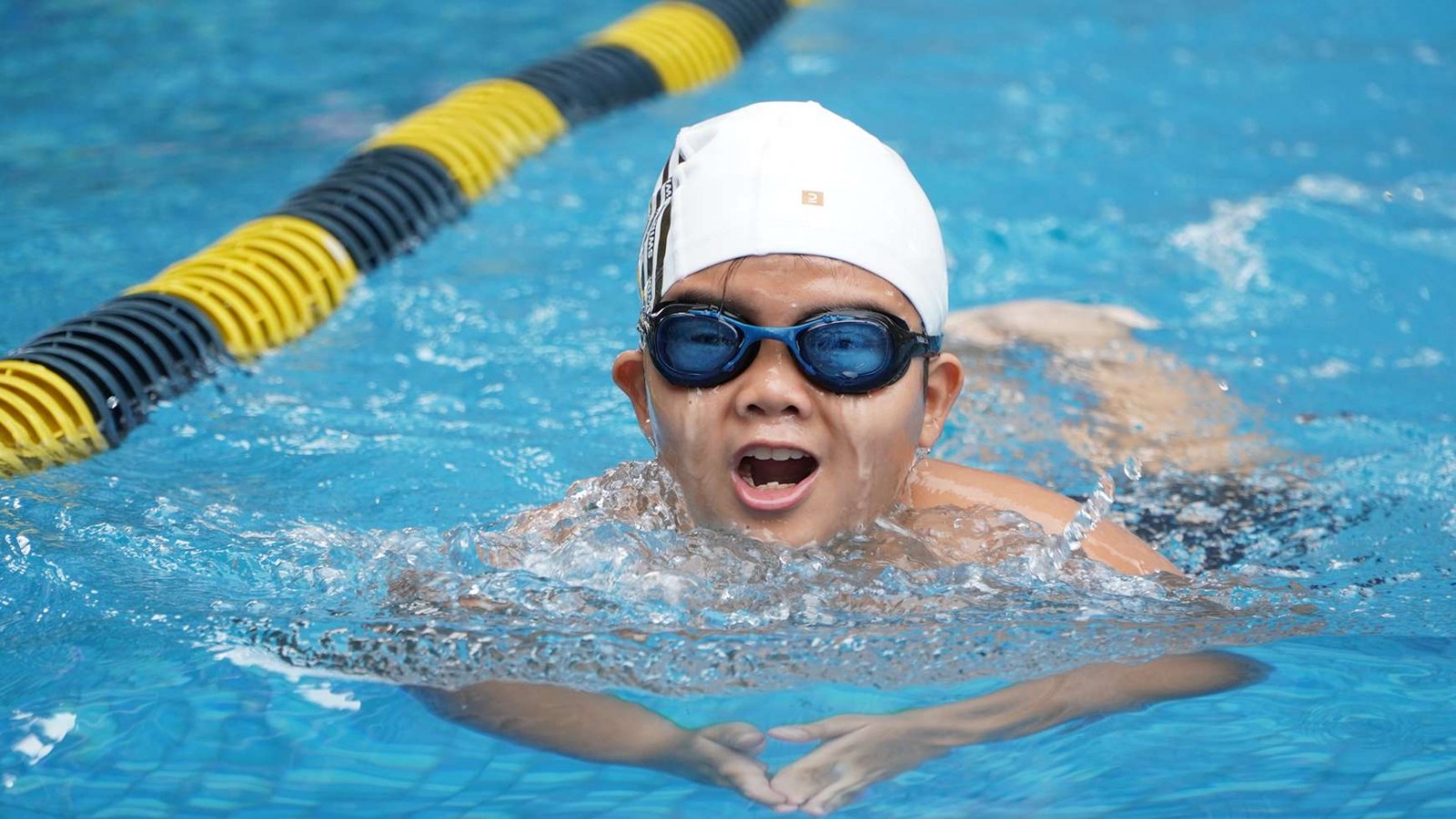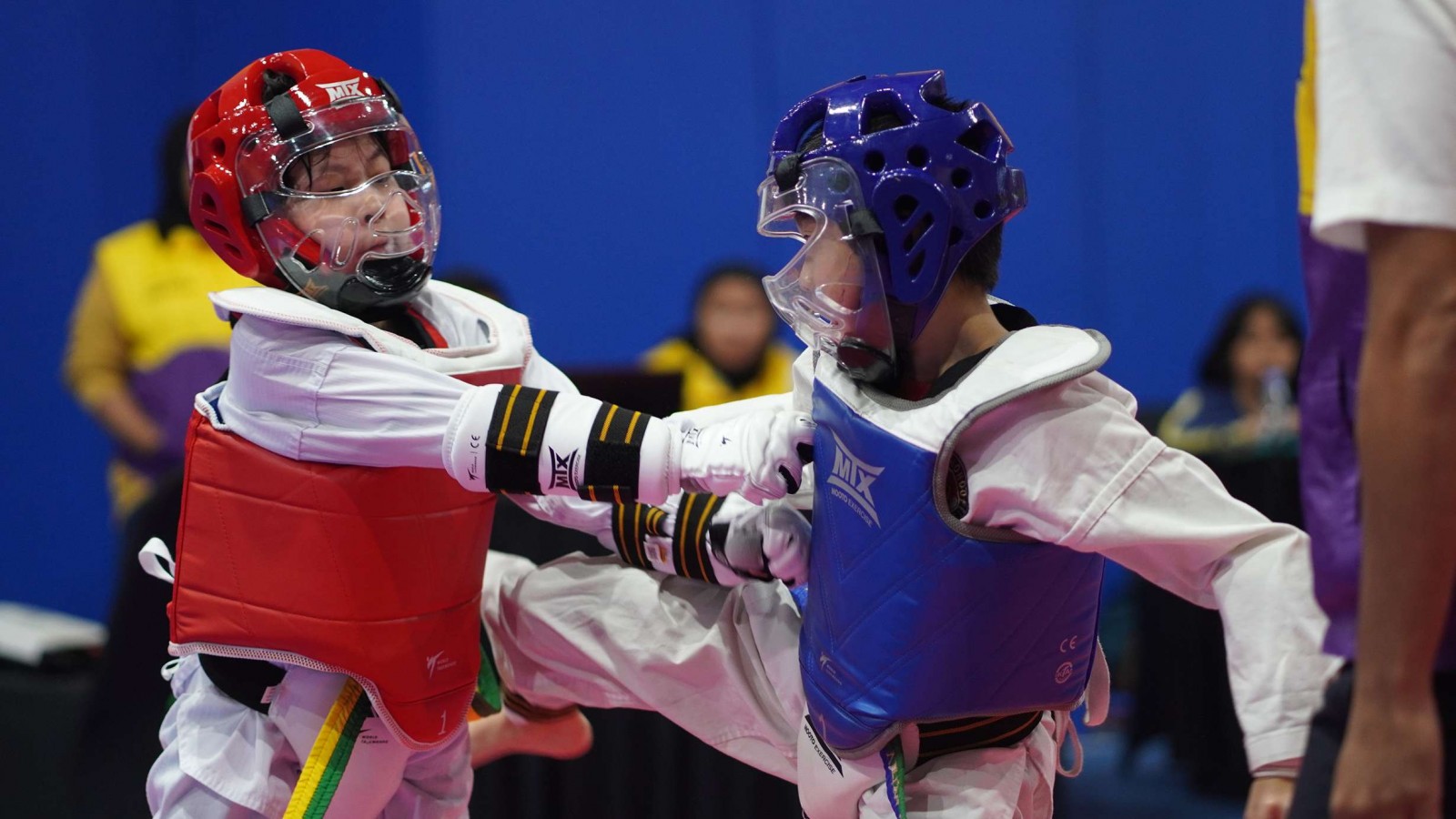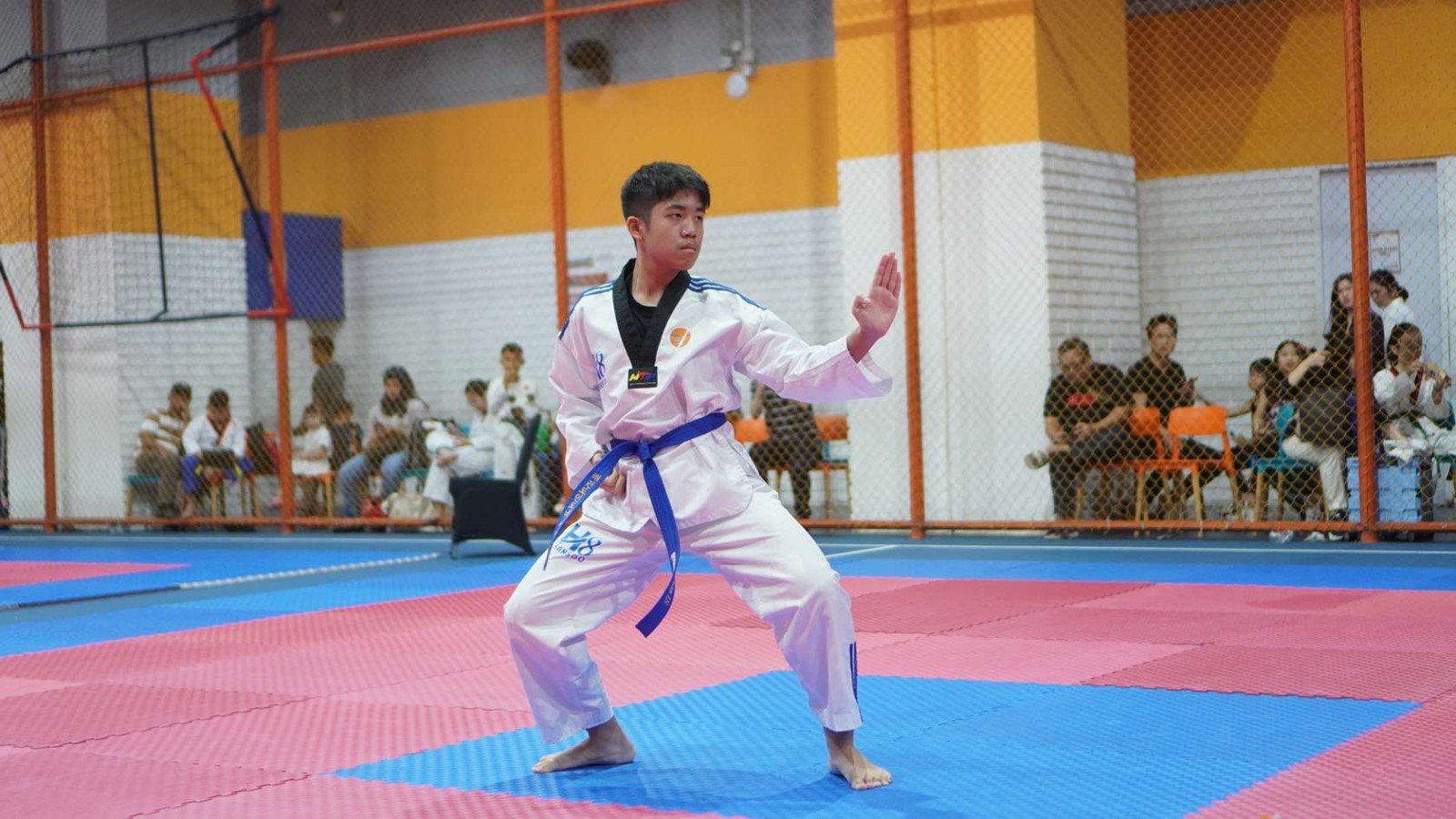Top Benefits of Swimming Lessons for Children

Swimming is a crucial life skill that offers numerous benefits for children. Enrolling your child in swimming lessons can significantly impact their physical health, safety, and overall development.
Whether you're looking to make a splash in the pool or simply want to boost your child's confidence, swimming lessons offer a wave of advantages. Ready to make waves and embrace the many perks of swimming? Let’s dive in!
Top Benefits of Swimming Lessons for Children
There are tons of benefits of swimming for kids. In addition to building a healthy lifestyle and body. According to some sources, children who learn to swim have 88% less chance of drowning. Here are other benefits you should know:
1. Safety and Drowning Prevention
One of the most important reasons to enroll children in swimming lessons is safety. Drowning is a leading cause of accidental death in children worldwide. Learning to swim reduces the risk of drowning by teaching children essential water safety skills.
Swimming lessons educate children on how to float, tread water, and navigate in the water, equipping them with the knowledge to stay safe in and around water.
2. Physical Fitness and Health
Swimming is an excellent form of exercise that promotes overall physical health and fitness. It is a full-body workout that engages multiple muscle groups, improving strength, endurance, and flexibility.
For children, swimming is a fun way to stay active and healthy. Regular swimming can help prevent obesity, improve cardiovascular health, and enhance respiratory function.
3. Development of Motor Skills
Swimming lessons can significantly contribute to the development of motor skills in children. The coordination required to swim helps improve balance, agility, and spatial awareness.
These skills are not only beneficial for swimming but also translate into other physical activities, enhancing a child's ability to participate in sports and other physical pursuits.
4. Boosting Confidence and Self-Esteem
Learning to swim can boost a child's confidence and self-esteem. As children progress through swimming lessons and master new skills, they gain a sense of accomplishment and self-assurance.
This increased confidence can extend beyond the pool, positively impacting their social interactions and academic performance.
5. Social Skills and Teamwork
Swimming lessons provide an opportunity for children to interact with peers, fostering social skills and teamwork. Children learn to communicate, cooperate, and support each other in a group setting.
These social interactions can help build friendships and develop essential social skills that will benefit them throughout their lives.
6. Cognitive Development
Swimming has been shown to have positive effects on cognitive development in children. The complex movements involved in swimming require concentration, focus, and problem-solving skills.
Additionally, swimming increases blood flow to the brain, which can enhance cognitive function and improve memory and learning abilities.
7. Emotional Well-being
Swimming is known to reduce stress and anxiety, promoting emotional well-being in children. The calming effect of water and the rhythmic nature of swimming can help children relax and unwind. Swimming also releases endorphins, the body's natural mood enhancers, which can improve a child's overall mood and mental health.
8. Lifelong Skill
Learning to swim is a lifelong skill that provides children with the ability to enjoy water-related activities safely. Whether it's swimming at the beach, participating in water sports, or simply enjoying a pool day, swimming lessons equip children with the skills and confidence to participate in these activities throughout their lives.
9. Enhancing Discipline and Goal Setting
Swimming lessons instill discipline and goal-setting skills in children. The structured nature of lessons requires children to follow instructions, practice regularly, and work towards specific goals.
This discipline can translate into other areas of their lives, helping them develop a strong work ethic and the ability to set and achieve personal goals.
10. Encouraging a Healthy Lifestyle
By introducing children to swimming at an early age, parents can encourage a lifelong love for physical activity and a healthy lifestyle. Swimming is an enjoyable and accessible form of exercise that children can continue into adulthood. The habits formed during swimming lessons can lead to a lifetime of health and wellness.
Learn Swimming Lessons With Rockstar!
Every parent hopes for their child to thrive and develop in every way possible, and swimming is a standout sport that supports this growth. Not only does swimming enhance cognitive and motor skills, but it also strengthens cardiovascular and respiratory muscles.
While teaching children to swim can be challenging, Rockstar Academy is here to help. With a wide range of classes including swimming programs for ages 6 months to 18 years, Rockstar Academy has been a trusted name in nurturing young talent since 2011.
In addition to expert instruction, Rockstar Academy hosts exciting swimming competitions and other sports events such as Elite Championships and RockOlympics, providing a platform for children to showcase their skills and track their progress.
Plus, you can also sign up for our free trial class to experience our swimming program firsthand before enrolling. Let Rockstar Academy help your child make a splash and reach their full potential!
FAQ
At what age should children start swimming lessons?
Children can start swimming lessons as early as six months old. Parent-child classes are available for infants and toddlers, focusing on water acclimation and safety. Formal swimming lessons are typically recommended for children aged four and older, as they have the motor skills and cognitive abilities to learn swimming techniques.
How long does it take for a child to learn to swim?
The time it takes for a child to learn to swim varies depending on factors such as age, individual ability, and the frequency of lessons. Some children may become comfortable in the water and learn basic skills within a few months, while others may take longer. Consistent practice and patience are key to a child's success in learning to swim.
What should parents look for in a swimming lesson program?
When choosing a swimming lesson program, parents should consider factors such as the qualifications of the instructors, class size, teaching methods, and safety protocols. Look for programs that emphasize water safety, offer age-appropriate lessons, and provide a positive and supportive learning environment.



